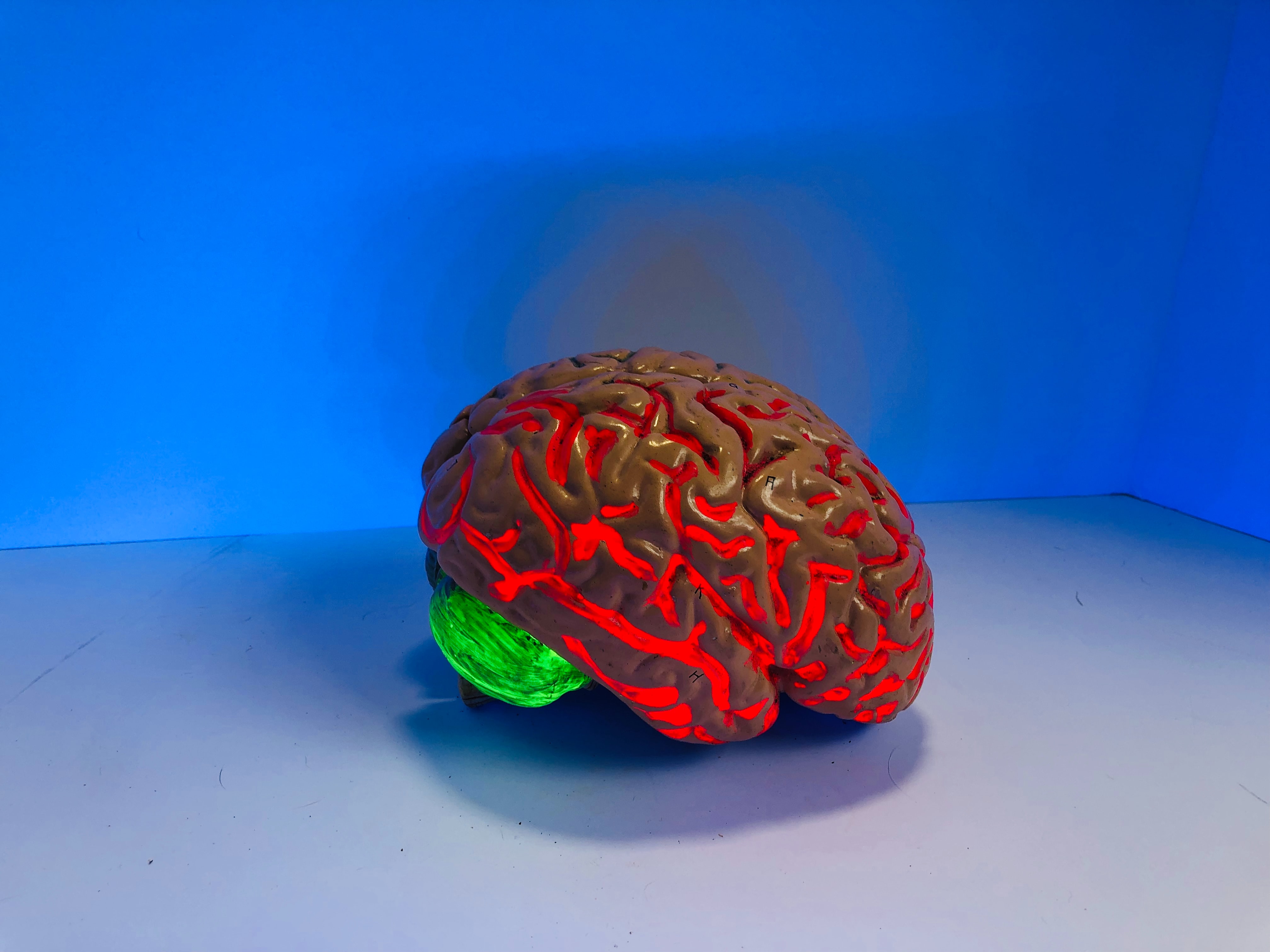News release
From:
1. Neuroscience: Brain stimulation for treatment-resistant depression *PRESS BRIEFING*
The treatment of severe depression in a single individual using a surgically implanted device that automatically triggers brain electrical stimulation in states of high depression severity is presented in a paper published in Nature Medicine. This proof-of-concept study reveals how brain activity may be used to deliver personalized treatment for neuropsychiatric disorders.
Major depressive disorder is a neuropsychiatric disorder with high rates of treatment resistance. Deep brain stimulation (DBS) — a medical procedure in which implanted electrodes deliver electrical impulses to targeted structures in the brain — is a promising therapy for treatment-resistant depression. However, variability between people in their responses to DBS has contributed to inconsistent findings in clinical trials. Current DBS approaches deliver fixed and constant electrical stimulation to a single brain structure and thus is incapable of responding to variability in a patient’s symptoms. Recent work, however, has shown that the effects of DBS are dependent on the emotional state of the patient.
Katherine Scangos and colleagues demonstrate the feasibility of long-term, personalized brain simulation in a 36-year-old woman with childhood-onset, severe, treatment-resistant depression. The authors first identified specific brain-activity patterns in the patient that closely correlated with the severity of their depressive symptoms. A commercially available implanted neural interface — capable of both sensing brain activity and providing electrical stimulation — was then used to deliver stimulation only when states of high depression severity were detected. This therapy resulted in a rapid and sustained improvement in depression.
Although further research will be needed to determine if these results are generalizable to a broader population, if successful, this approach may be applied to other brain-network disorders to advance personalized treatment for neuropsychiatric conditions.
**Please note that an online press briefing for the paper below will take place UNDER STRICT EMBARGO on Thursday 30 September at 1600 London time (BST) / 1100 US Eastern Time**
Authors Katherine Scangos and Edward Chang will discuss the research. This will be followed by a Q&A session. The participant in this study will also be available to answer questions.
To attend this briefing you will need to pre-register by following the link here. Once you are registered, you will receive an email containing the details for the briefing. You will also be provided with the option to save the details of the briefing to your calendar.



 International
International


